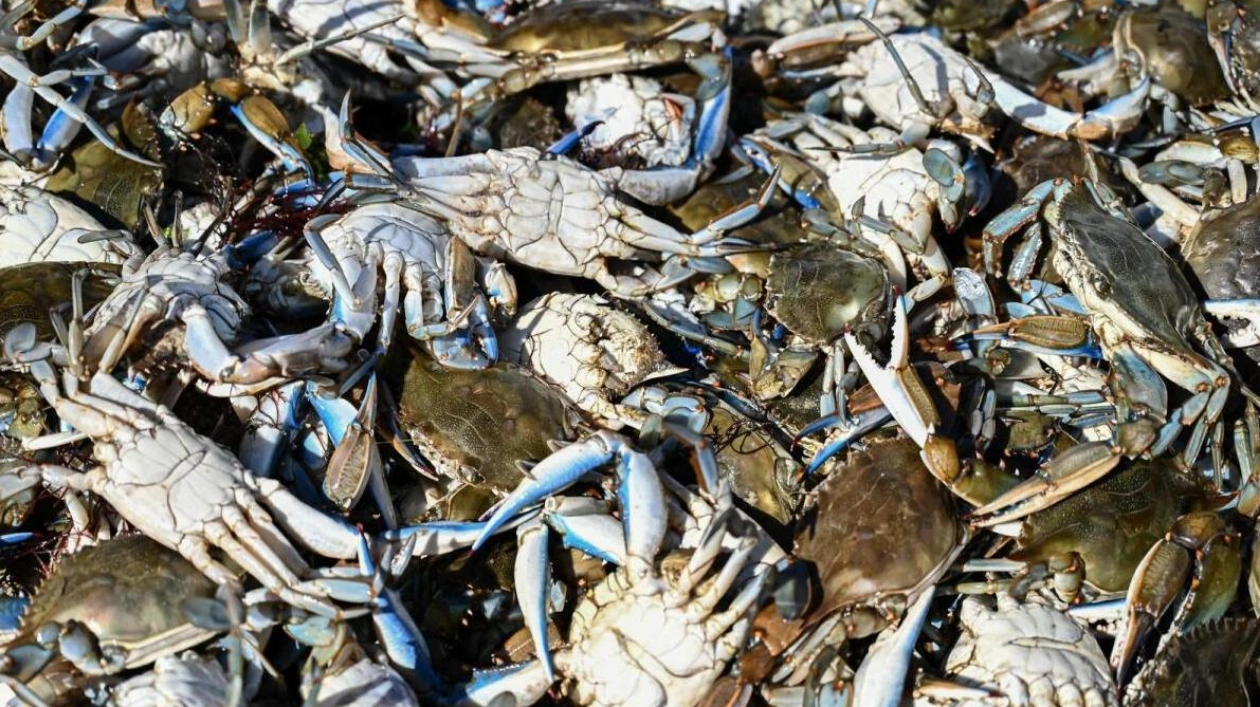Italy has designated a special commissioner to address the proliferation of the blue crab, an invasive species that is devouring local clams and endangering a significant segment of the country's food production industry. Originating from the western Atlantic, blue crabs have spread to various areas along the Italian coastline, notably the Po river delta in the north, where extensive fishing efforts have failed to significantly reduce their numbers. Experts believe these crabs likely entered Italy through ship bilge water, but the reasons behind their rapid expansion and any potential connection to climate change remain uncertain.
Agriculture Minister Francesco Lollobrigida highlighted during a press conference that the blue crab has not only impacted certain economic activities but also poses a threat to the entire marine ecosystem. He announced the appointment of Commissioner Enrico Caterino. The agriculture lobby group Coldiretti, which represents the fishing sector as well, reported that the blue crab has inflicted approximately 100 million euros in damages, leading to the collapse of clam production in the northern regions of Veneto and Emilia Romagna. Italy ranks as Europe's leading producer of clams and is the third largest globally, following China and South Korea, according to UN data from 2021. The country is also renowned for its traditional dish, spaghetti alle vongole (spaghetti with clams).
The government, led by Prime Minister Giorgia Meloni, allocated around 2.9 million euros last year to support businesses affected by the blue crab. Paolo Mancin, the head of the Fishermen's Cooperative of the Polesine in the Po delta, described the situation as catastrophic, with zero clam production and only crabs being caught. Environment Minister Gilberto Pichetto Fratin expressed concerns that the blue crab could migrate to other regions of Italy from the eastern Adriatic Sea, which has experienced above-average temperatures recently. The minister stated the goal is to diminish the presence of blue crabs in the Adriatic and prevent their widespread dispersal to other areas, though specific measures to combat this invasive species were not detailed.






